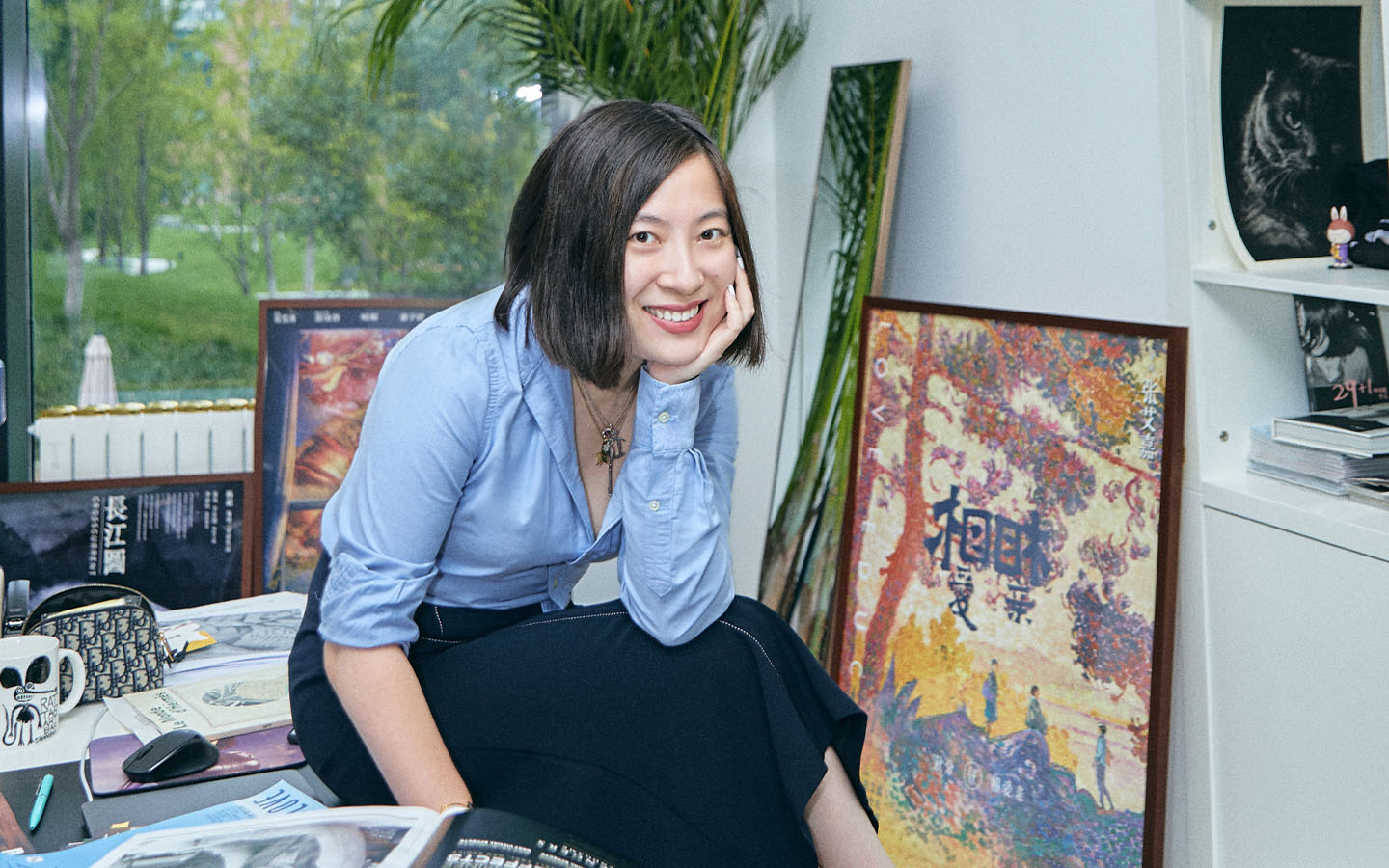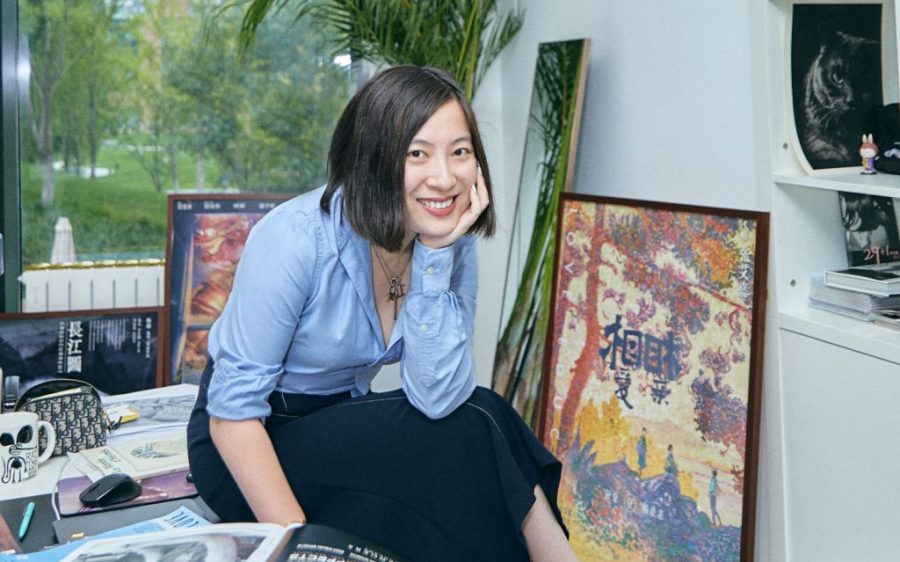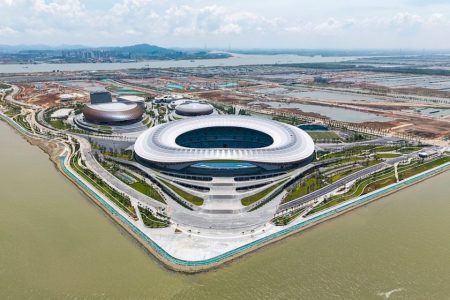The inaugural Macao Classic Film Festival will open on 27 September, presenting ten classic films to audiences at Bona International Cineplex until 12 October.
Organised by Comuna de Han-Ian, the group behind events such as the Macao International Documentary Film Festival, the Macao Classic Film Festival features a curated selection of ten films, each at least twenty years old, that have been newly restored. Divided into three thematic sections, the program invites viewers to “empathise” and embark on a journey through cinematic classics.
[See more: The Macao Classic Film Festival will debut this Saturday]
Festival director and curator Ding Tian spoke with Macao News about her reflections on the essence of a “classic” and what makes a film endure.
What makes a film classic?
From my perspective as the festival director, the “classic” spirit I want to convey is about doing everything to the best of your ability. This is the way of classics, but it’s not limited to cinema.
[See more: French entry wins top prize at Macao International Shorts Film Festival]
A timeless film needs to be a pioneer in its time while also standing the test of time. The opening film of this year’s festival, director Stanley Kwan’s Love Unto Waste, best embodies this standard. It portrays the emotional relationships of three women and two men with a certain reckless freedom, and it laid the foundation for a very distinct style. People of all ages can relate to it differently, because its core themes are eternal – loneliness and love.
What inspired the idea to launch the very first Macao Classic Film Festival?
It’s a tribute to my grandmother, Zhang Hongmei, since she starred in the most classic Chinese film Spring in a Small Town. But it’s also about forging a new path for self-expression, and that’s the meaning of re-watching classic films: revisiting a classic isn’t only tracing its origins, but also about creating a new starting point for yourself.
How do the ten films echo or resonate with one another?
The festival is divided into three sections, besides the opening film, which we plan to continue in the future. The “Gone with the Beauty” section, featuring films from Breathless and Shanghai Blues to Before Sunrise and Before Sunset, focuses on women who subvert both love and the world.
The “Night and the Cinema” section, which includes classics like David Lynch’s legendary Mulholland Drive, features films that are a mix of thriller, crime and fantasy. This section also invites the newly restored Hong Kong New Wave classic The System and the nearly century-old German masterpiece pioneer M.
[See more: What is The Shadow’s Edge, Jackie Chan’s new AI crime film set in Macao?]
The Cannes Film Festival Grand Jury Prize winner The Man Without a Past joins Fire-Eater and the precious images of the Nenets indigenous people in Seven Songs from the Tundra. Together, these three films will redefine the Finnish impression of Nordic cinema in the section “Without a Past — Finland in Focus.”
What perspective or kind of mind should the audience bring to this festival?
I hope they come with a relaxed mindset. There are so many classics, so just trust that we’ve carefully selected the best ones for you. The festival booklet and pre- and post-screening sharing will also provide great guidance.
The audience should also come with a party mindset. The Bona International Cineplex Macao is conveniently located between Macao and Taipa, making it easy to park and grab a meal with friends. Watching a film should always be a great date idea.
[See more: A Road to a Village: Amod Rai’s journey from education to filmmaking]
Finally, I hope they come with a mindset of empathy. The festival’s annual theme is “Empathy,” and we sincerely invite everyone to set aside their preconceived notions and join us for a small but beautiful feast of cinema.
If you could preserve only one classic, which would it be?
From my point of view, a film like Spring in a Small Town is definitely worth preserving. The unspoken emotions, the complexity of humankind, are the most important thing that distinguishes us from others.






